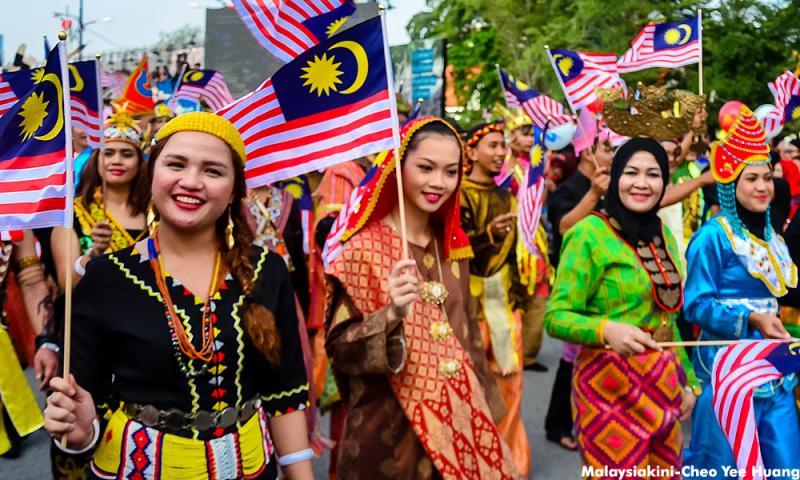LETTER | Act to address bigotry, racism and xenophobia
LETTER | The Association for Community and Dialogue is concerned about the observations made by a local research hub showing how xenophobia and racism are prevalent among social media users both in Malaysia and abroad, with the number of racially-charged comments spiking as more are confined in compliance with mitigative actions taken by governments against the Covid-19 outbreak.
Data compiled by think tank The Centre showed how most of the xenophobic comments related to the topic of the coronavirus were aimed at ethnic Chinese, regardless of their nationality.
The report noted a growing trend of these racially-charged insults after its authors had sifted through thousands of comments posted on Twitter that were used as a parameter to gauge the level of xenophobic hate comments being made.
Malaysia was built on the foundation of harmony among all ethnic groups and has managed its inter-ethnic harmony relatively well compared with other countries. Yet the scenario has changed over the years, and we are living in the world of social media, in the context of social-economic turmoil that we are witnessing currently.
In Malaysia, there are three elements of phobia that we need to address.
Firstly is bigotry, the attitude, state of mind, or behaviour characteristic of intolerance, obstinate and unreasonable attachment to a particular creed, opinion, practice, ritual, or party organization; excessive zeal or warmth in favour of a party, sect, or opinion; and intolerance of the opinions of others.
We can see this in political parties and NGOs in Malaysia where there were demonstrations against the International Convention on the Elimination of All Forms of Racial Discrimination (Icerd). It was obvious that the majoritarian ethnic elite in Malaysia was afraid of equality. Such bigotry was tolerated because it came from powerful ethnoreligious parties.
Secondly is racism, being the act of profiling or judging anyone by their race. All ethnic groups have sections of them who play on a racial issue either overtly or in a vague manner. For example, saying that Chinese are rich, or where there are Indians there would be fights and gangsterism and Malays are religious fundamentalist or lazy.
This type of thinking translates into overt responses, or sometimes in a vague manner, when issues prop up in the media or when a writer or commentator who wrote an article is from a particular ethnic group. Even issues such as competency of a particular leader for a particular ministerial position could turn into a racial issue.
Thirdly is xenophobia, which is fear or hatred of foreigners or people from different cultures. The anti-western rhetoric in categorising all Westerners as oppressive, or categorising people as Zionist or freemasons. This was obvious when a certain political-religious leader from Malaysia penned a letter to foreign leaders lately using this term. The lack of care given to migrant workers in the current Covit-19 crisis could also be a form of xenophobia of indifference.
Lately, we saw a religious leader who one would assume has the spiritual attributes and would be a bridge-builder in a multi-ethnic and religious society seemingly using social media platforms to exaggerate issues in a racial tone to fire up their followers.
All these take place in a sensitive period where we are going through a severe economic downturn that could be used by bigots, racists and xenophobic to play a blame game that would be detrimental to peace and harmony in the country.
These culprits who are from all ethnic groups have one thing in common - a simplistic view of people and the world by defining issues from black and white thinking.
Therefore, it vital for authorities to view bigotry, racist and xenophobic comments seriously and come up with educational and legislative measures to combat its viral nature. Good governance is built on an overall national consensus that bigotry, racism and xenophobia are detrimental to the progress of the nation.
Firm and unbiased action should be taken against culprits who instigate issues from an extreme point of view in the mainstream, online and social media for the sake of harmonious living and solidarity of all ethnic groups.
We should take Singapore as an example who reigned in racial and religious groups who play the extreme ethnoreligious card irrespective of race and religion.
The writer is secretary, Association for Community and Dialogue.
The views expressed here are those of the author/contributor and do not necessarily represent the views of Malaysiakini.
RM12.50 / month
- Unlimited access to award-winning journalism
- Comment and share your opinions on all our articles
- Gift interesting stories to your friends
- Tax deductable
